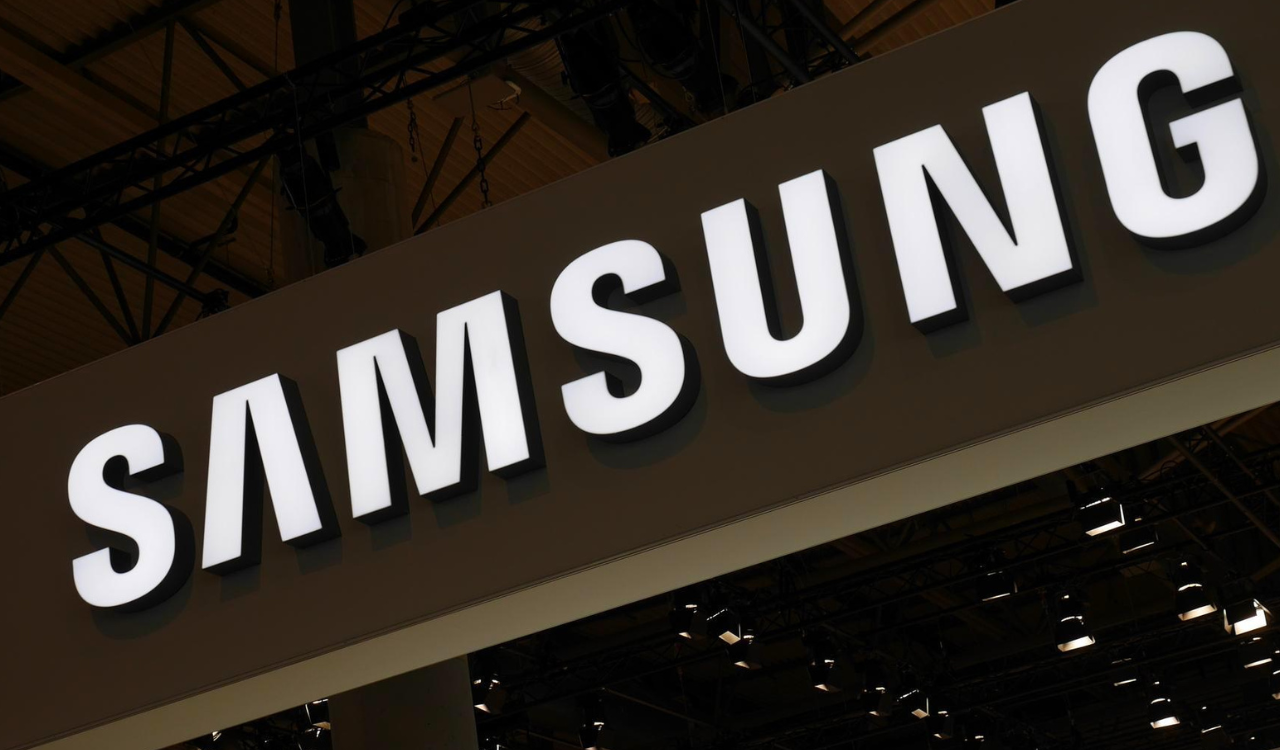The U.S. government is expected to provide more than $6 billion (KRW 7.962 trillion) in subsidies to Samsung Electronics. This amount is $1 billion more than Taiwan’s TSMC, the world’s largest foundry company, which promised to invest 40 billion won.
Samsung receives $6 billion in U.S.
Bloomberg News reported on the 14th (local time) that the Biden administration plans to pay more than $6 billion in subsidies to Samsung Electronics in accordance with the U.S. Semiconductor Act.
The U.S. government plans to help Samsung Electronics expand its business in the U.S. in addition to the previously announced construction of a new semiconductor fab in Texas.
Samsung Electronics applied for a subsidy from the U.S. government in the second quarter of last year. Currently, we are discussing semiconductor subsidies with the U.S. government, including the existing investment ($17 billion) and additional investment plans for the construction of a new semiconductor fab (Factory 2) in Texas.
In a keynote speech at ‘IEDM 2023′ held in the U.S. last year, Choi Si-young, head of Samsung Electronics’ Foundry Business Division, announced that the first wafer will be released from Taylor Fab in the second half of next year (2024), and mass production is scheduled to begin in 2025.
Of the total $39 billion in semiconductor production subsidies, the U.S. government allocated $28 billion to support advanced semiconductor production companies such as Intel, Samsung Electronics, and TSMC. Summarizing the news that has been released until recently, Intel will receive $10 billion in subsidies, Samsung Electronics will receive $6 billion, and TSMC will receive $5 billion.
The U.S. government aims to announce subsidy support plans for major advanced semiconductor companies such as Intel, Samsung Electronics, and TSMC by the end of this month. Companies that have received confirmed subsidies to date include Global Foundry ($1.5 billion), Microchip ($162 million), and BAE Systems ($35 million).























































